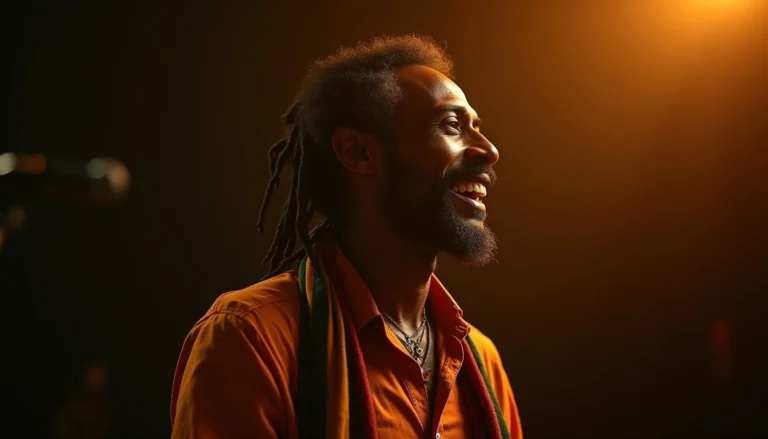The Brazilian government says an official who met President Trump at the Mar-a-Lago resort last weekend has tested positive for the coronavirus.
Fábio Wajngarten, the communications director for Brazilian President Jair Bolsonaro, was part of a delegation that traveled to the U.S. During that trip, Wajngarten posted a photo of himself on Instagram standing directly next to Trump and wearing a hat that says “Make Brazil Great Again.”
On Thursday, Trump said that he was aware the aide was being tested. “Let’s put it this way: I’m not concerned,” he told reporters.
Later in the day, White House press secretary Stephanie Grisham stated that “both the President and Vice President had almost no interactions with the individual who tested positive and do not require being tested at this time.” She added the exposures from the case are “being assessed, which will dictate next steps.”
“There is currently no indication to test patients without symptoms, and only people with prolonged close exposure to confirmed positive cases should self-quarantine,” Grisham said.
Florida Sen. Rick Scott said Thursday that he has decided to self-quarantine because of possible contact with Wajngarten. He said, “While I do not believe I interacted with the infected person, that individual was in the same room as me.” Scott added that he is “feeling healthy and not experiencing any symptoms at this time.”
Bolsonaro’s office said Thursday that its medical services are “taking all necessary preventative measures” to keep the president and his staff healthy. It said that Wajngarten is under home quarantine.
Two days ago, Bolsonaro questioned whether the danger posed by coronavirus is being overblown, saying it “is not all the mainstream media makes it out to be.”
According to the World Health Association, there are nearly 1,000 confirmed cases in the U.S. and 52 in Brazil.
Coronavirus symptoms and prevention

To prevent the coronavirus from spreading, the Centers for Disease Control and Prevention recommends washing hands with soap and water for at least 20 seconds or using a hand sanitizer if a sink isn’t available. The World Health Organization says people should wear face masks only if they’re sick or caring for someone who is.
“For most people, COVID-19 infection will cause mild illness; however, it can make some people very ill and, in some people, it can be fatal,” the WHO says. “Older people and those with pre-existing medical conditions (such as cardiovascular disease, chronic respiratory disease or diabetes) are at risk for severe disease.”
The most common symptoms of COVID-19, according to the WHO: fever (in 88% of cases), dry cough (68%), fatigue (38%) and sputum/phlegm production (33%). Shortness of breath occurred in nearly 20% of cases, and about 13% had a sore throat or headache, the WHO said in a report drawing on more than 70,000 cases in China.






